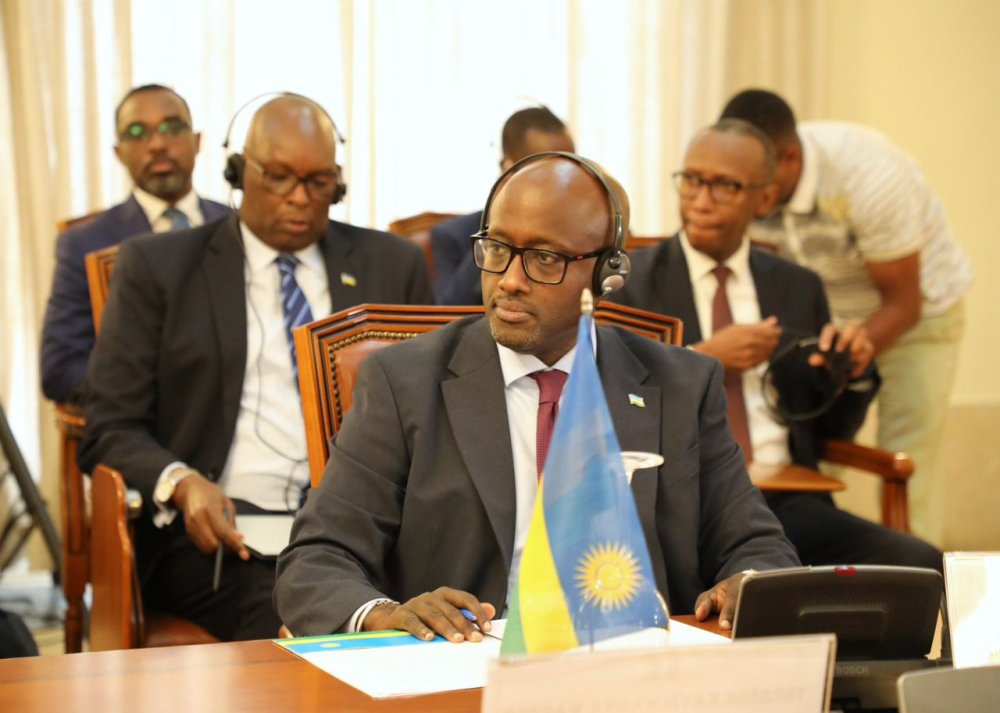The Rwandan Minister of Foreign Affairs and International Cooperation, Ambassador Olivier Nduhungirehe, has warned that the Luanda peace talks will not resume if the Democratic Republic of Congo (DRC) government refuses to engage in dialogue with the M23 armed group. His statement followed remarks by DRC President Félix Tshisekedi, who on January 18, 2025, declared that discussions with M23 were a “red line” his government would not cross.
During an address to diplomats in Kinshasa, President Tshisekedi reiterated his administration’s firm stance, stating:
“Let me be clear. The DRC will not bow to external pressure demanding actions that contradict our interests and sovereignty. Negotiating with a terrorist group like M23 is a red line we will not cross.”
In response, Minister Nduhungirehe emphasized that the refusal to engage with M23 is also a “red line” for Rwanda. He cautioned that such an approach could hinder the progress of the Luanda peace talks and their goal of restoring lasting peace in eastern DRC.
“The Luanda talks cannot resume or yield tangible results if the DRC lacks the political will to engage in direct dialogue with AFC/M23. This is Rwanda’s red line as well,” he asserted.
The Congolese army, through its coalition forces, has continued military offensives against M23-controlled areas in North Kivu, under an operation codenamed Caterpillar 2. These operations involve heavy artillery, fighter jets, and tanks, escalating the conflict in the region.
In response to these offensives, M23 has accused the DRC forces of targeting civilians and infrastructure. The group has also reiterated its commitment to protect the population under its control and has called on the international community to take note of the ongoing human rights violations.
The DRC’s refusal to negotiate with M23 casts doubt on the success of the Luanda peace talks, which were last resumed in December 2024. Analysts fear that the prolonged stalemate could escalate the conflict in eastern DRC, undermining previous diplomatic efforts.
This development raises concerns about the viability of peace in the region and whether the current trajectory could lead to broader instability. With both sides firmly entrenched in their positions, the path forward remains uncertain, and the region teeters on the brink of further violence.



